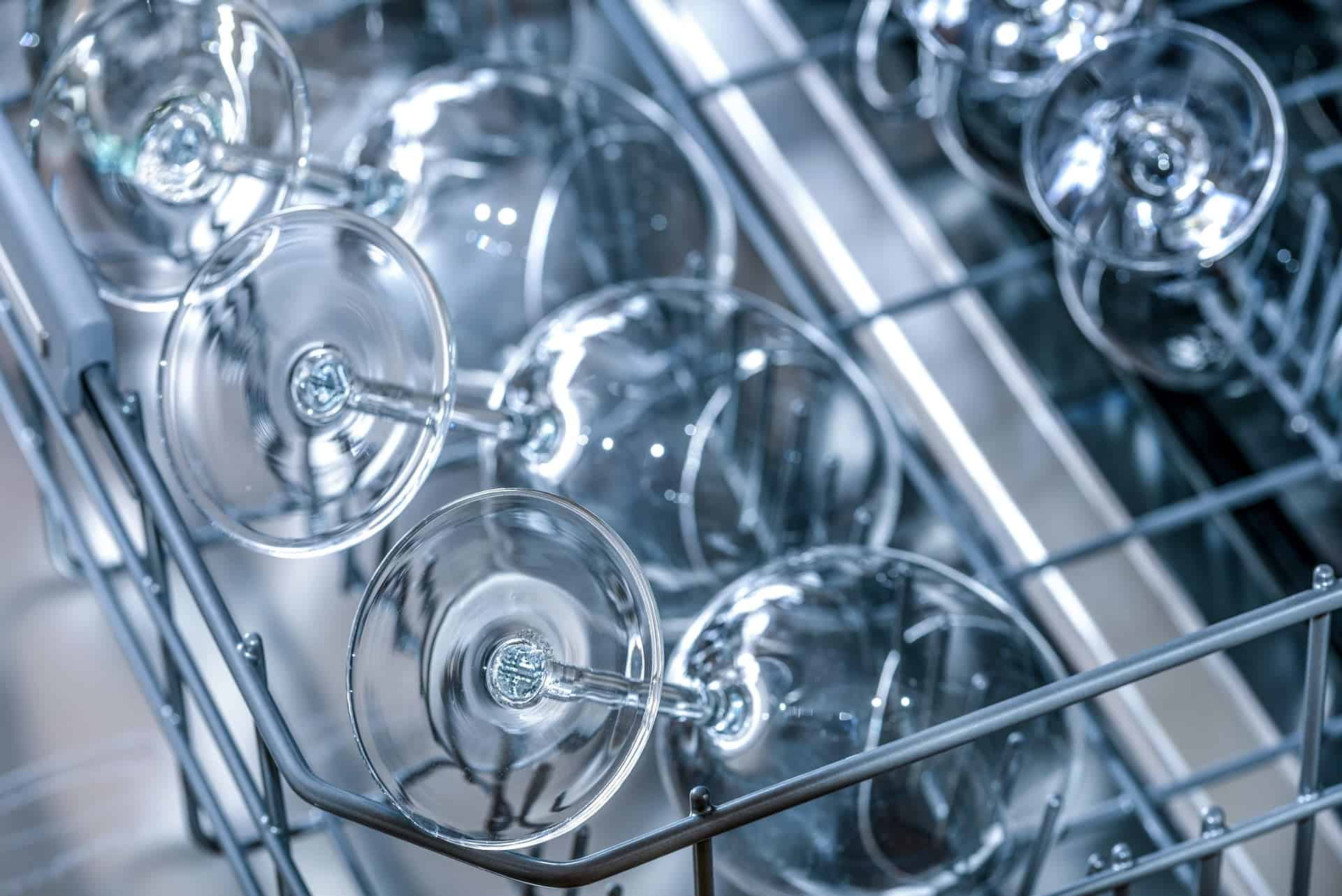
Question: What Happens If I Don’t Put Salt in My Dishwasher?
Answer: If you don’t put salt in your dishwasher your dishes will likely come out spotty and cloudy. The salt softens hard water, preventing mineral buildup that causes these issues.
The Importance of Dishwasher Salt
Dishwashers are essential appliances in many homes. They save time and effort. But they need proper care and maintenance. One aspect of dishwasher maintenance often overlooked is the use of dishwasher salt. Many people wonder about the consequences of skipping this step. This article explores the effects of not using dishwasher salt and why it is vital for optimal dishwasher performance.
We will examine the science behind how dishwashers work and the role salt plays. We will also discuss the impact on your dishes and the appliance itself. Understanding the importance of dishwasher salt contributes to cleaner dishes, a longer-lasting appliance, and a more efficient cleaning process.
Hard Water and Its Effects
Hard water contains high levels of dissolved minerals, primarily magnesium and calcium. These minerals accumulate on dishes, glassware, and inside the dishwasher, causing several undesirable effects. These mineral deposits appear as cloudy film or white spots on dishes. They can also clog the dishwasher’s spray arms and internal components. Over time, this buildup reduces cleaning efficiency.
Hard water also negatively affects the dishwasher’s lifespan. The accumulated minerals can damage the heating element and other vital parts. This leads to costly repairs or even premature appliance failure. The efficiency of detergents diminishes in hard water as the minerals react with the detergent, reducing its cleaning power. This requires using more detergent to achieve satisfactory results. This increases the cost of dishwashing.
Click here for more information on kitchen cabinet refinishing Toronto
Related Article: What Dishwasher Detergent Do Plumbers Recommend?
Related Article: Do I Need to Put Salt in My New Dishwasher?
What Happens If I Don’t Put Salt in My Dishwasher?
Failing to add salt to your dishwasher leads to several problems. Hard water spots and film become more prominent on dishes and glassware. Dishes may feel gritty and look unclean even after a wash cycle. The dishwasher’s internal components accumulate mineral scale, reducing its efficiency and lifespan.
The dishwasher may require more frequent repairs due to mineral buildup. Detergent loses its effectiveness in hard water, requiring larger amounts for each wash. This adds to the overall cost and environmental impact. Without salt, the water softener cannot function properly, negating its purpose. This contributes to increased limescale deposits within the appliance. Ignoring the salt requirement will ultimately cost more in the long run due to higher energy bills, increased detergent usage, and potential repairs.
Signs You Need to Add Dishwasher Salt
Several indicators suggest your dishwasher needs salt. Cloudy or spotty dishes are a primary sign. Reduced cleaning performance, even with increased detergent, points to hard water issues. White residue inside the dishwasher also signals mineral buildup.
A dishwasher salt indicator light, if present, provides a clear warning. Consulting your dishwasher manual provides specific instructions and recommendations for your model. You can also test your water hardness using a home test kit. These tests can help in determining the appropriate salt dosage for your dishwasher.
Using and Refilling Dishwasher Salt
Locate the salt reservoir, usually at the bottom of the dishwasher. Consult your dishwasher’s manual for specific instructions. Use a funnel to fill the reservoir with dishwasher salt. Fill until the reservoir is full. Clean up any spilled salt to prevent corrosion. The dishwasher salt indicator will alert you when to refill the salt.
The frequency of refilling depends on water hardness and usage. Regularly check the salt level and refill as needed. Use only dishwasher salt, not table salt or other substitutes. Other types of salt can damage the water softener. Properly using and refilling dishwasher salt ensures optimal dishwasher performance and longevity.
Conclusion – What Happens If I Don’t Put Salt in My Dishwasher?
Dishwasher salt plays a vital role in maintaining a clean and efficient dishwasher, especially in areas with hard water. Neglecting to add salt leads to spotty dishes, reduced cleaning power, and potential damage to the appliance. Understanding how dishwasher salt works and using it correctly can save money on repairs and detergent, while ensuring sparkling clean dishes.
By following the simple steps for adding and refilling salt, you can maximize your dishwasher’s lifespan and effectiveness. Remember to consult your dishwasher manual for specific instructions. Consistent use of dishwasher salt contributes to a cleaner, more efficient, and longer-lasting appliance, making it a worthwhile investment for any household.

Blue Malue Get in touch with Blue here.
